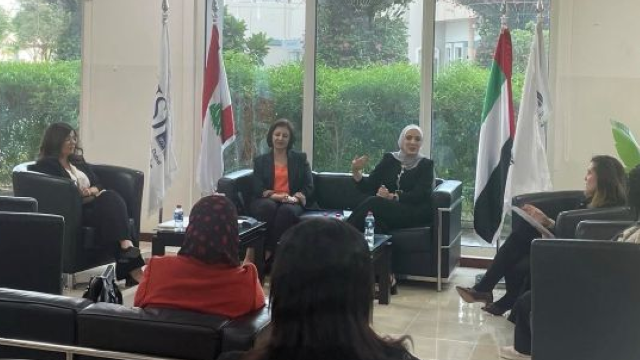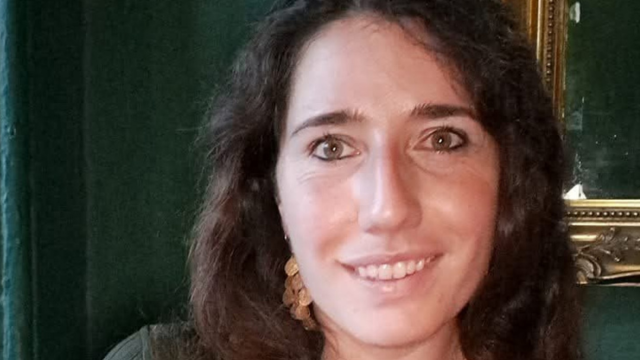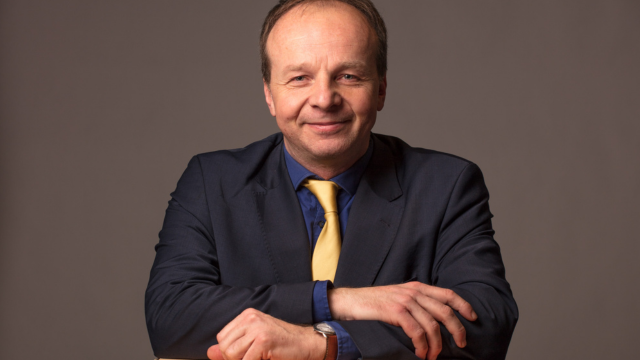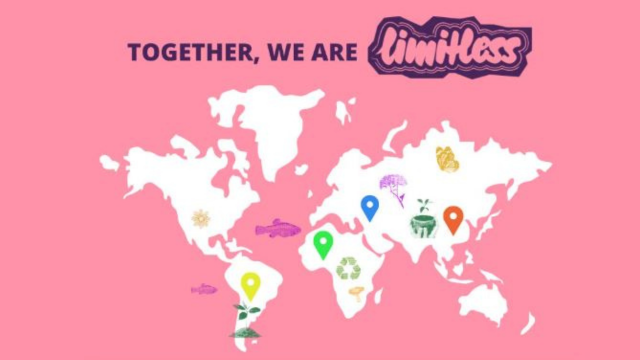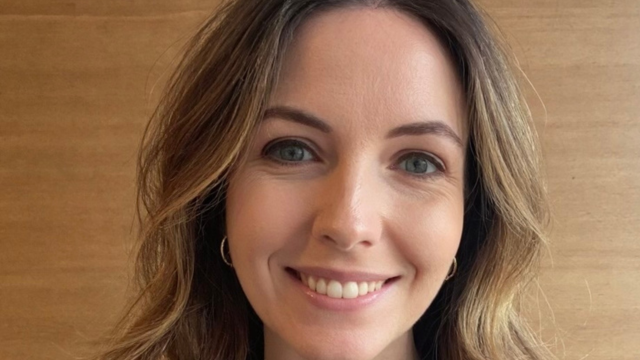-
QUALIFICATIONS
- For Linguists Worldwide
- For UK Public Services
- Preparation
- Policies & Regulation
-
MEMBERSHIP
- Join CIOL
- Professional Membership
- Affiliate Membership
- Chartered Linguist
- Already a member?
- Professional conduct
- Business & Corporate Partners
-
LANGUAGE ASSESSMENTS
- English
- All Other Languages
-
EVENTS & CPD
- Webinars & Events
- CIOL Conferences
- Networks
- CIOL Mentoring
-
NEWS & VOICES
- News & Voices
- CIOL eNews
- CIOL Awards
- The Linguist Magazine
- Jobs & Ads
-
RESOURCES
- For Translators & Interpreters
- For Universities & Students
- Standards & Norms
- CIOL & AI
- All Party Parliamentary Group
- In the UK
- UK Public Services
- Find-a-Linguist
Changing roles for translator linguists
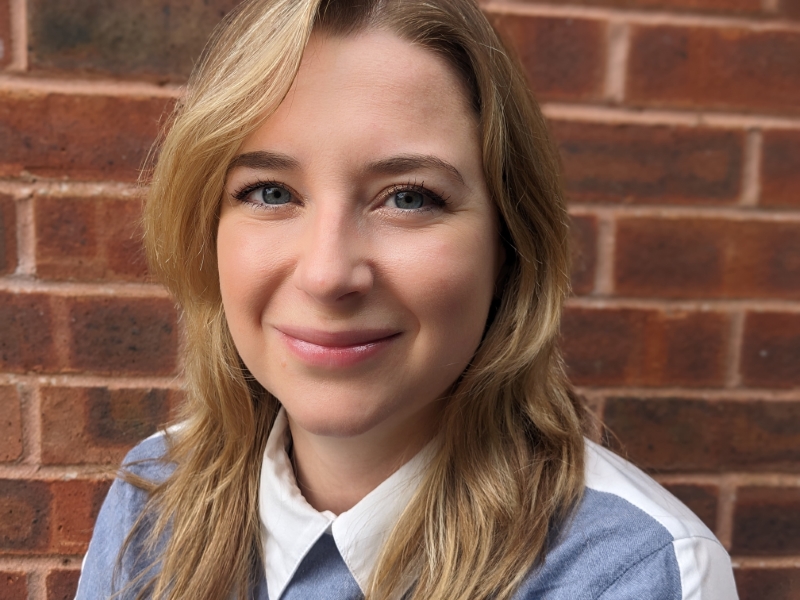
By Gillian Morris
I never know what to tell people when they ask me what I do for a job. A few years ago, I would have proudly and unhesitatingly announced that I was a translator, but more recently, the lines have become blurred. Am I really a translator now? My working hours are increasingly dominated by other language-related pursuits.
The world of the freelancer
Since going freelance, I’ve always had other strings to my bow to keep my income steady and sustainable. After working in a translation agency, I knew that translation workloads vary and experience counts for a lot, so I started out offering freelance project management services in addition to translation work. With two regular PM roles secured, my second focus was always on getting my first few translation clients. It was only a year or so after that when copywriting and localisation requests from regular clients started to appear, and my business began flourishing. This career shift wasn’t as easy as I’m making out. The journey of honing my existing skills and moving into different industries can be characterised by a lot of hard work, training, and (sometimes brutal) feedback.
Professional translator – or language expert?
I spent years dreaming of being able to finally call myself a professional translator, only to find that a few years down the line, most of my business activity lies elsewhere. But I don’t want to call myself a copywriter or a localisation expert. It would feel like part of my identity as a translator was missing. I have to admit, when people began to suggest the term “Language expert”, I was sceptical at first. Does it actually explain what I do? No. But will it in the future? I think it will. Because right now, it seems we’re in the process of redefining our profession.
The changing world of a translator – human vs machine?
I recently asked my network of colleagues on LinkedIn if they were experiencing similar workload shifts, and the unanimous answer was “yes”. Like me, many people reported shifts away from translation work towards editing, proofreading, post-editing, copywriting, content writing, and localisation jobs. It appears that work isn’t disappearing, it’s changing – and we’re moving along with the tide. In the current climate, it’s heartening to see that clearly there are many clients out there who prioritise human work in important creative areas, using AI as the tool it’s intended to be, not a replacement.
Diversification
For me personally, this shift is positive. It has enabled me to offer a wider range of services, and therefore increase my client base and earnings. I’ve expanded my knowledge and got to know colleagues from all sorts of professions. My world has got bigger, and with every day comes even more varied challenges and different ways to use my curious brain. I would 100% recommend anyone launching a freelance translation career to diversify from the start.
“I’m a linguist!”
If anyone asks me what I do for a living in the future? Perhaps I might change my answer. It isn’t a bad thing to admit that I’m not just a translator anymore. I’m a linguist. With transferrable skills and cultural competence that can be flexed in all directions.
Gillian Morris is still deciding. Is she a linguist, or a French > English translator, copywriter, and localisation expert? Who knows. You can find her on LinkedIn and https://thattranslationblog.com
Views expressed on CIOL Voices are those of the writer and may not represent those of the wider membership or CIOL.
Filter by category
More
The Chartered Institute of Linguists (CIOL), Incorporated by Royal Charter, Registered in England and Wales Number RC 000808 and the IoL Educational Trust (IoLET), trading as CIOL Qualifications, Company limited by Guarantee, Registered in England and Wales Number 04297497 and Registered Charity Number 1090263. CIOL is a not-for-profit organisation.

